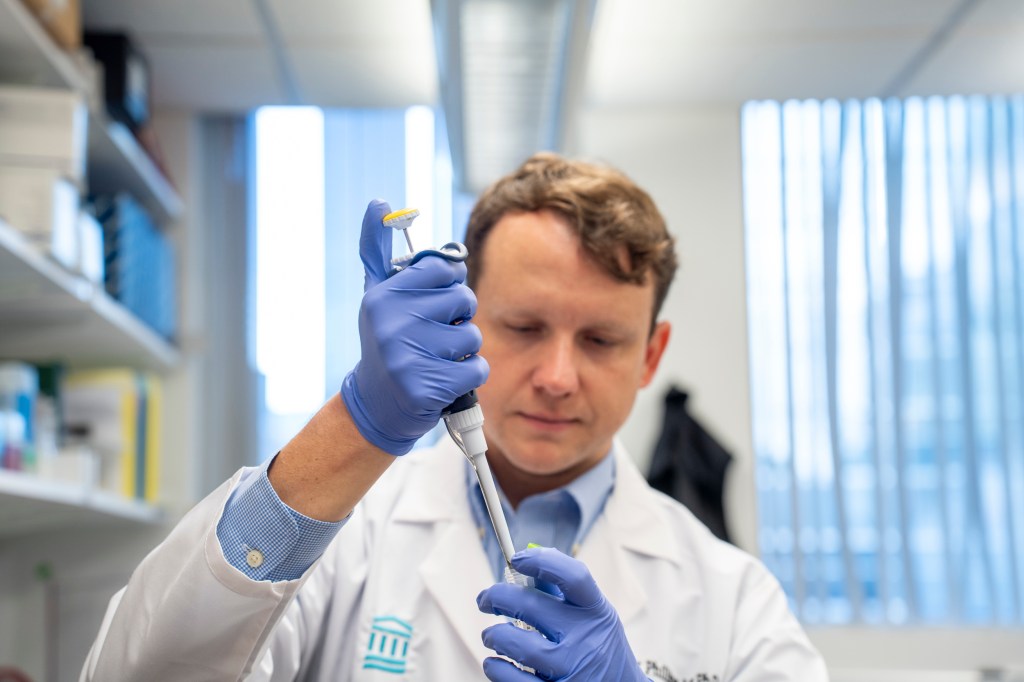Health
-

Corporatization of healthcare gets too much of a bad rap, analyst says
Healthcare analyst says outside investment can boost innovation, growth, care, but profit needs to be aligned with patient outcomes
-

Smart patch reduces cravings for alcohol and drugs
First year of recovery is ‘immensely challenging,’ researchers note. New device could be a difference maker.

-

Reeling in a big scientific discovery
William Kaelin pursued Nobel-winning findings using a fisherman’s instinct
Part of the Profiles of Progress series -

You want chocolate. You need flavanols.
Research strengthens evidence for role of inflammation in disease – especially as we age

-

Crossing line between good and bad anxiety
Psychologist offers 3 strategies to keep worry from interfering with everyday life
-

What science says about Mom’s happiness advice
Data, wisdom meet in social psychologist’s lecture
-
The brain’s gatekeepers
HMS research IDs special class of cells that safeguard immunity and memory, and may one day treat neurodegenerative disease
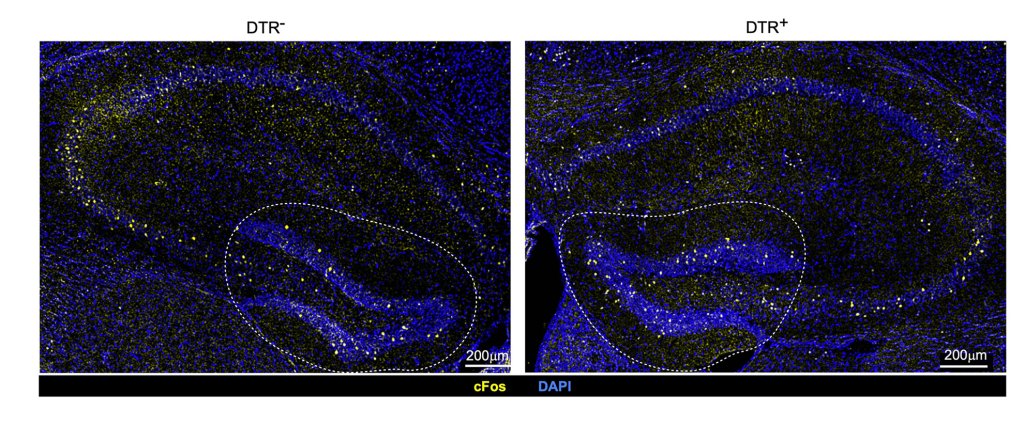
-
How exactly does ketamine work? New research offers insight.
Anesthetic growing in popularity as game-changing therapy for severe, treatment-resistant depression

-
New study maps the ‘dental deserts’ in the U.S. — and there are lots of them
Harvard research shows 1.7 million lack access to care

-
Now that we have new ‘miracle’ diet drugs, what’s the point of exercising?
Experts say weight loss isn’t at top of list of health, longevity gains that come from activities like walking, hitting gym

-
Death, destruction — and trauma — of L.A. wildfires
Psychiatric epidemiologist discusses mental health toll from displacement and loss, the path forward for victims

-
Aha moment in psych class clarifies childhood mystery
Inspires Susan Kuo’s research probing role of genetics in schizophrenia, autism

-
Should we be panicked about bird flu? William Hanage says not yet.
But he warns that there is real cause for concern, CDC should take much closer look

-
Gender-affirming care rare among U.S. youth, study says
Fewer than 1 in 1,000 transgender youth receive hormones or puberty blockers

-
Nature offers novel approach to oral wound care
Slug’s sticky mucus inspiration behind adhesive hydrogel that can seal wounds in wet environment

-
Time for a rethink of colonoscopy guidelines?
Change informed by new findings would help specialists focus on those most at risk, researcher says

-
Should pharmacists be moral gatekeepers?
‘The problem is not opioids,’ says author of ‘Policing Patients’ — it’s overdose, pain

-
The deadly habit we can’t quite kick
Actions by tobacco companies worry researcher even amid ‘dramatic decrease’ in smoking among young Americans

-
Why do gliomas tend to recur in the brain?
First look at the interplay between neurons and tumors sheds light on formation, spread

-
Probe the gut, protect the brain?
In fight against Parkinson’s and other disorders, two-way connection may someday lead to a breakthrough
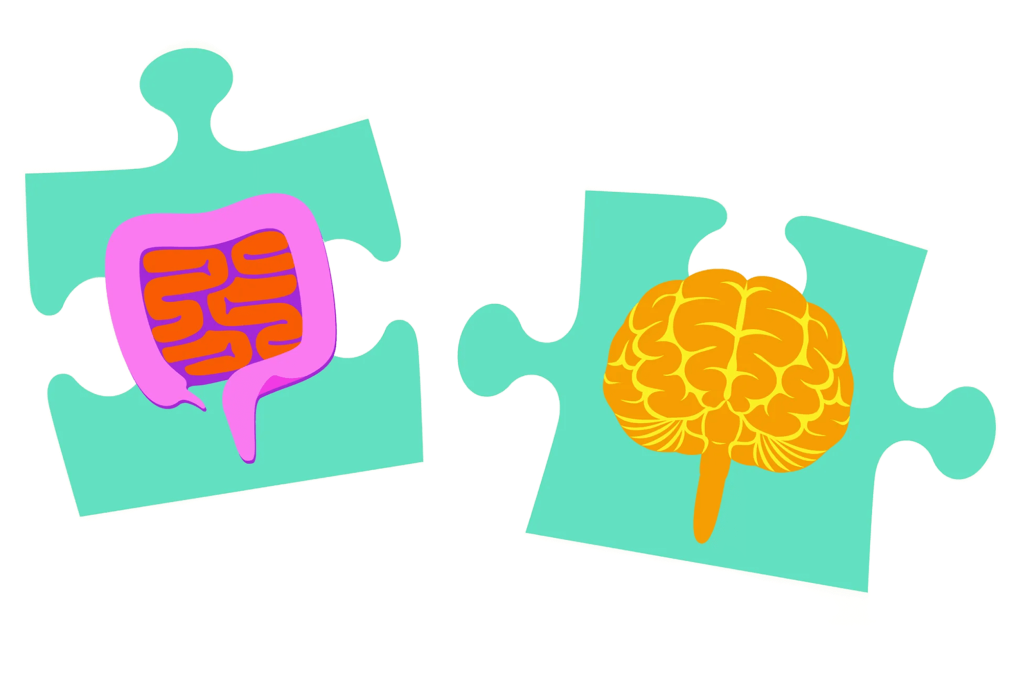
-
Why be kind? You might live longer.
Take our research-based quiz on biological benefits of being good
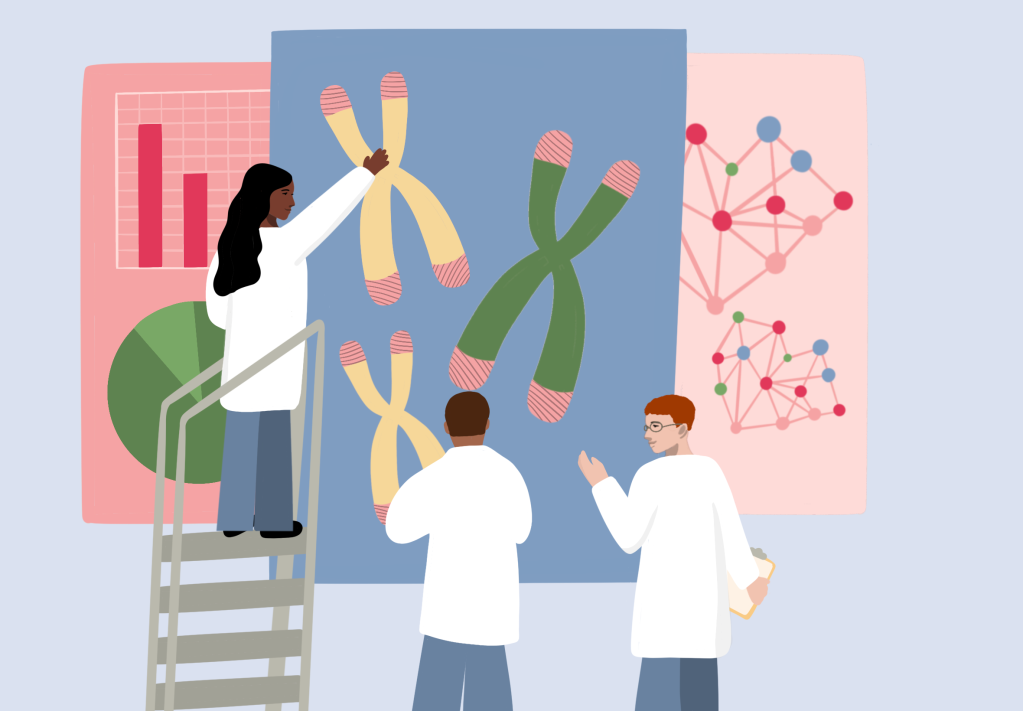
-
Score another point for the plants
Study finds 1:2 ratio of plant to animal protein lowers risk of heart disease
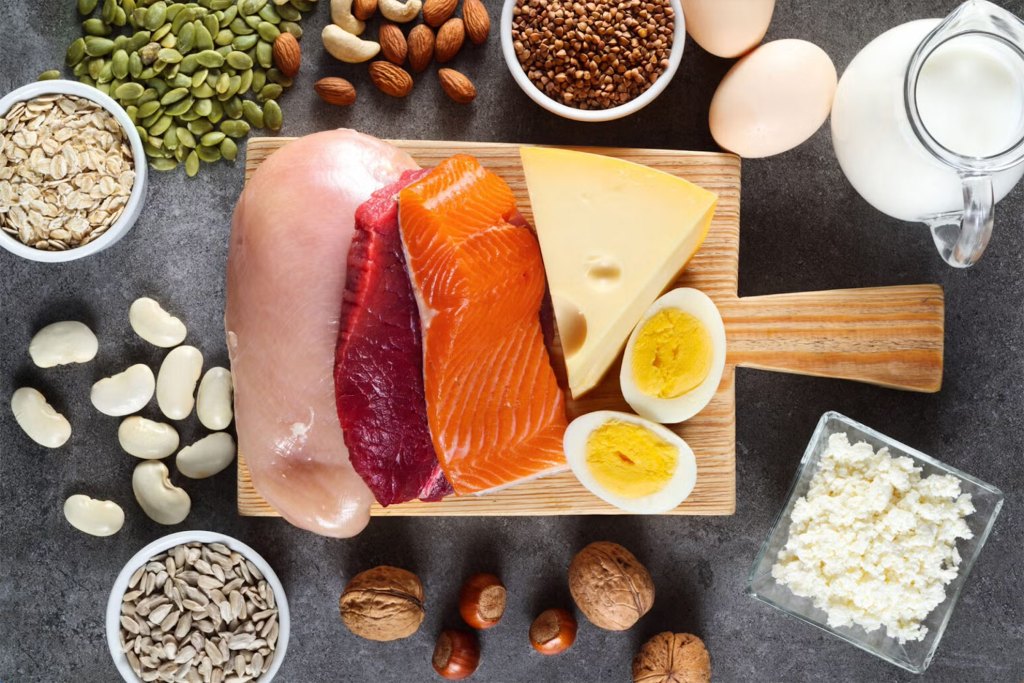
-
How HIV research has reshaped modern medicine
Decades of scientific work turned the tide on a fatal disease and yielded insights into immunity, vaccines, and more

-
Use of new diet drugs likely to mushroom
Study estimates over half of Americans eligible to take them based on conditions, underscoring need to ensure equity of access.

-
Rapid relief for the severely depressed? There’s a catch.
Ketamine carries risks, say researchers. Yet for some patients, it’s ‘the only thing that works.’

-
New frontiers in cancer care
In podcast, experts discuss breakthroughs in treatment, from genomic sequencing to AI, and how close we are to personalized vaccines

-
Too much sitting hurts the heart
Even with exercise, sedentary behavior can increase risk of heart failure by up to 60%, according to study

-
Is cheese bad for you?
Nutritionist explains why you’re probably eating way too much

-
Study pinpoints optimal timing for RSV vaccine during pregnancy
Five weeks before giving birth best transfers maternal antibodies to the fetus, say researchers
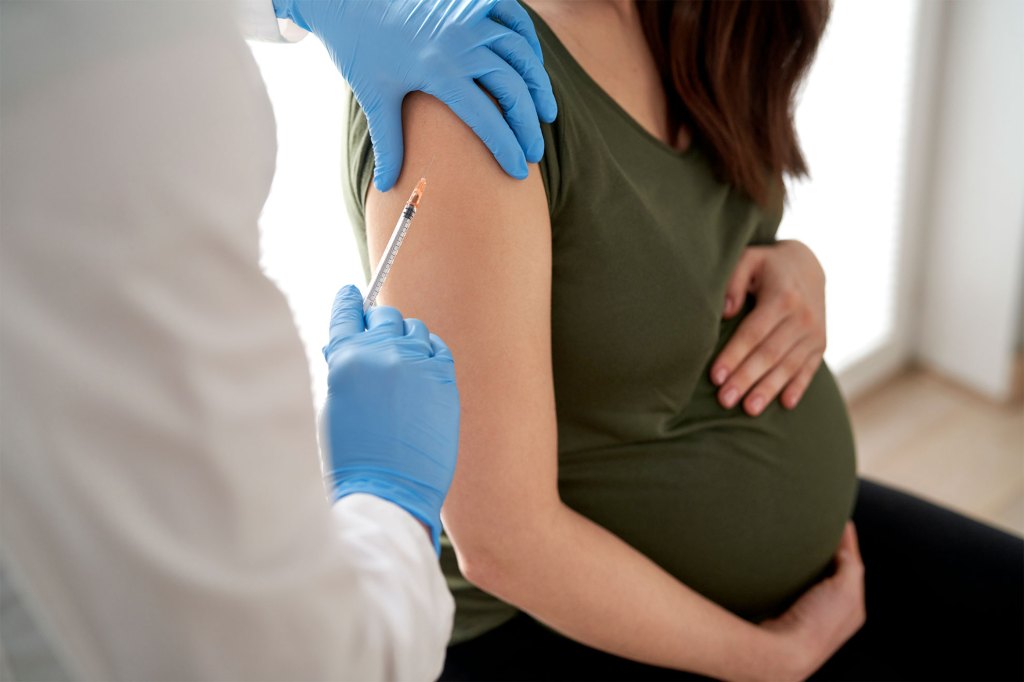
-
Cutting through the fog of long COVID
Researchers say new AI tool sharpens diagnostic process, may help identify more people needing care

-
Warning for younger women: Be vigilant on breast cancer risk
Pathologist explains the latest report from the American Cancer Society
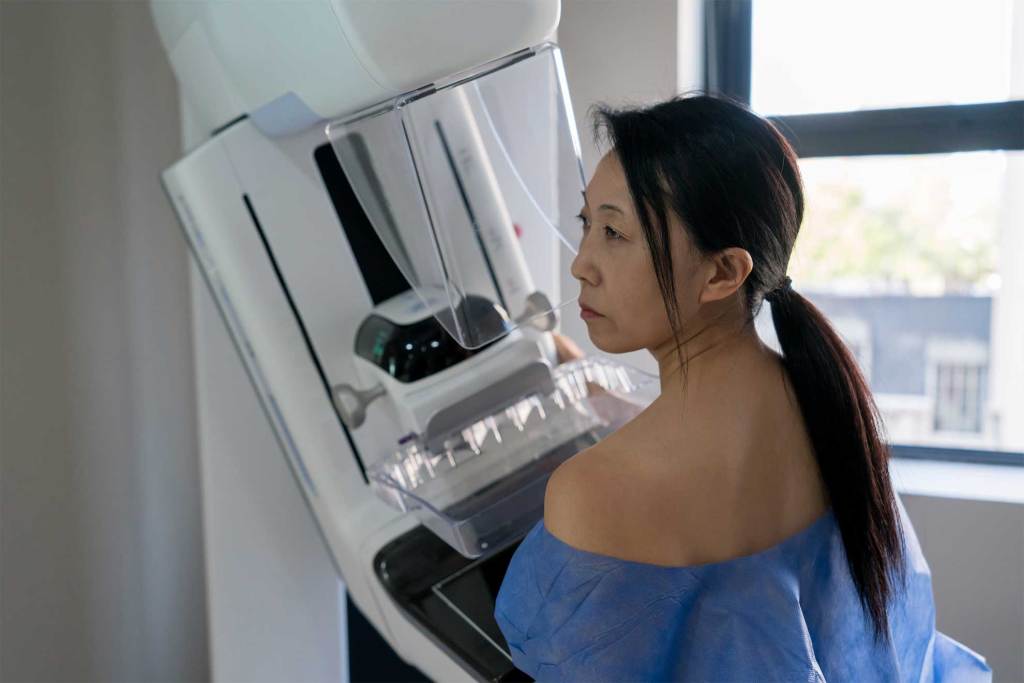
-
Study shows vitamin D doesn’t cut cardiac risk
Outdoor physical activity may be a better target for preventive intervention, says researcher

-
Weight-loss surgery down 25 percent as anti-obesity drug use soars
Study authors call for more research examining how trend affects long-term patient outcomes

-
How to fight depression? Faster.
Hope flags when medications fail, isolating and endangering patients. Backed by a major grant, 2 Harvard scientists are focused on reducing the distance between diagnosis and recovery.

-
Plastics are everywhere, even in our bodies
We ingest equivalent of credit card per week — how worried should we be? In ‘Harvard Thinking,’ experts discuss how to minimize exposure, possible solutions.

-
Threat of mosquito-borne diseases rises in U.S. with global temperature
Experts fear more cases of West Nile virus, EEE (and possibly Zika, Dengue fever) as warm seasons get longer, wetter
